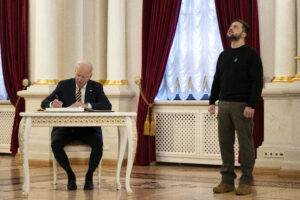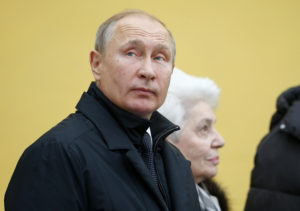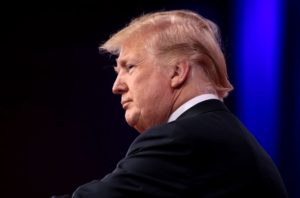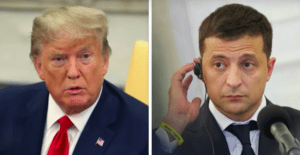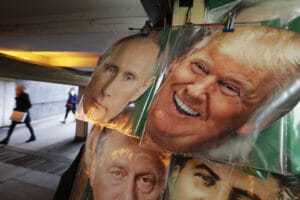U.S. and EU Sanctions and a Round-Table Talk on Crimea (Video)
The United States and the European Union retaliated over Crimea's vote to become part of Russia by targeting sanctions against Russians and Ukrainians. Meanwhile, the U.S. accused top Russian officials and Crimean separatist leaders of undermining democracy in Ukraine.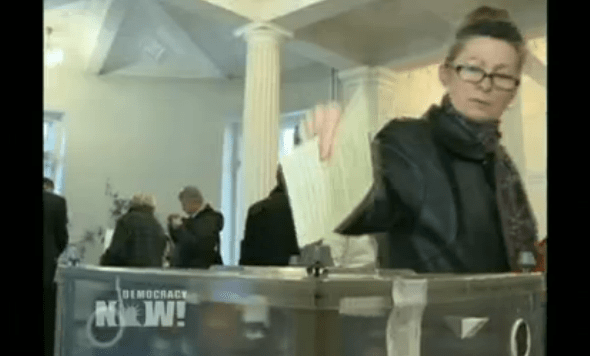
The United States and the European Union retaliated over Crimea’s vote to become part of Russia by targeting sanctions against Russians and Ukrainians. Meanwhile, the U.S. accused top Russian officials and Crimean separatist leaders of undermining “democratic processes and institutions” in Ukraine.
Speaking to journalists at the White House, President Obama said the new sanctions increase the cost to Russia for its actions. “If Russia continues to interfere in Ukraine, we stand ready to impose further sanctions,” he said.
Obama added, “We will continue to make clear to Russia that further provocations will achieve nothing except to further isolate Russia and diminish its place in the world.” The White House said the sanctions were “by far and away the most comprehensive sanctions since the end of the Cold War.”
A senior member of the administration told reporters U.S. officials thought the sanctions would have the desired effect. “No U.S. business can do business with them — that will have impact on some or all of these individuals. If they want to transact in dollars, for example, they will be unable to do so and will tend to have difficulty in accessing financial services in Europe, the Middle East or Asia.”
Officials said Russia could expect further sanctions if it did not back off from Ukraine. Russia insisted the sanctions were of little consequence.
The Guardian reports:
The punitive measures came on the eve of an address to the Russian parliament by President Vladimir Putin on Crimea. He is expected to take steps to formalise the incorporation of Crimea into Russia but, if he felt the need to try to slow the imposition of sanctions, he could opt for a more measured response.
The sanctions follow the referendum in Crimea on Sunday, in which there was an overwhelming vote in favour of union with Russia. The EU condemned the referendum as illegal and said it would not recognise the outcome.
Washington alleged multiple election violations during and leading up to the referendum.
Read more here.
Below, “Democracy Now!” discusses the Crimea vote and diplomatic fallout Monday with Oliver Bullough, a former Reuters Moscow correspondent and current Caucasus editor for the Institute for War and Peace Reporting; Dmitri Trenin, director of the Carnegie Moscow Center; and Nicholas Clayton, a freelance journalist who recently reported from Crimea.
‘Democracy Now!’:
— Posted by Alexander Reed Kelly.
Your support matters…Independent journalism is under threat and overshadowed by heavily funded mainstream media.
You can help level the playing field. Become a member.
Your tax-deductible contribution keeps us digging beneath the headlines to give you thought-provoking, investigative reporting and analysis that unearths what's really happening- without compromise.
Give today to support our courageous, independent journalists.
